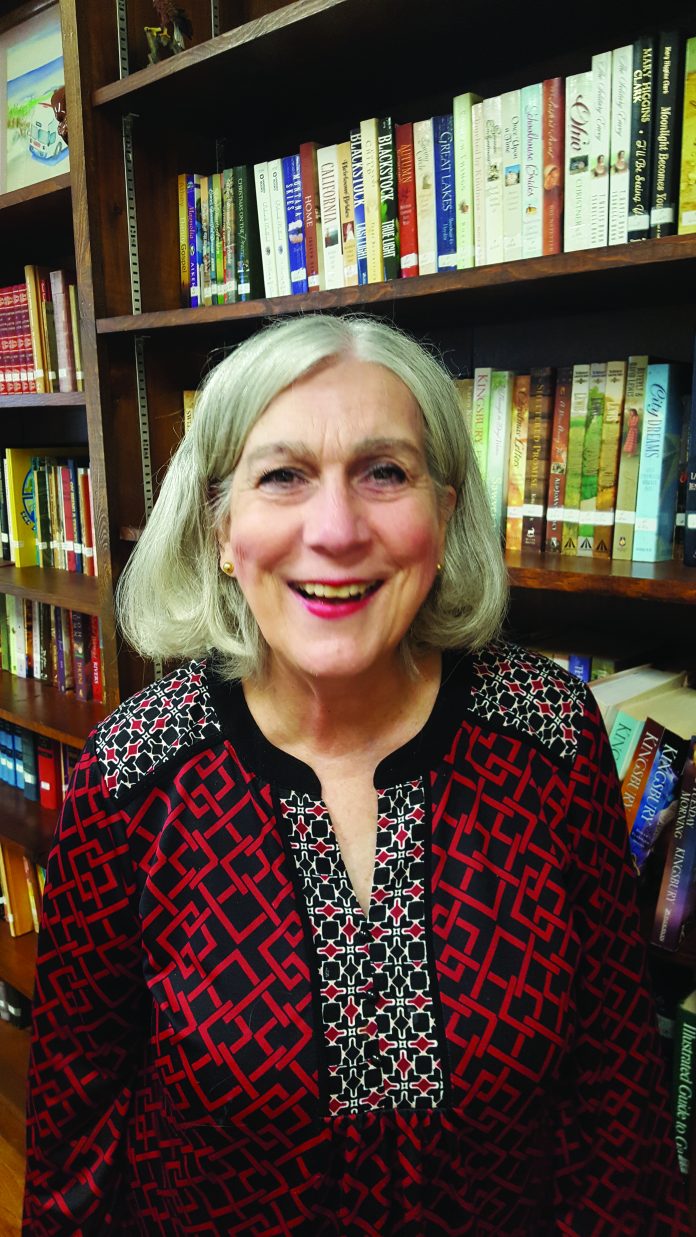By Beth Pinyerd
I grew up in a family where the gift of healthy touch was expressed openly and daily. Hugs and love were a part of our family. As a child, I felt loved and secure.
I still reflect on the hugs and love my grandmother openly shared with all she met including her grandchildren. I was so blessed to have a grandmother who truly understood the importance of hugs and touch which expressed heartfelt love and acceptance.
Whatever season of life we are in, human touch is time spent with another person. Time spent with another person spells love. Touch makes you who you are in friendships, relationships, emotionally and spiritually. It shows other people and the world what matters most in our lives. Compassion is a light of care.
As baby boomers in a highly technological society, we have to be careful not to let our fast-paced world, demands and schedules add distance between us and those we care for. For the elderly, lack of touch can contribute to feelings of isolation, pain, anxiety, helplessness, depression and boredom.
We baby boomers are setting new trends. We have been described as the sandwich generation in taking care of our grandchildren and our elderly parents. From the time a baby is born, a caring touch creates a bond that shapes us for the rest of our lives. A gentle touch calms young children, a pat on the back encourages them to do their best, and a hug gives them security.
In spending time with my elderly friends, they have shared with me that touch is perhaps the most important sense for them. Touch is an understanding and communication that transcends age and time. We see this in the intergenerational environment between young and old. Touch to the elderly says you are important to me, you are not alone.
In serving the elderly, health care professionals have shared some important guidelines with me in respecting the elderly. To give an elderly family member or friend their personal space, simply ask permission if you can give a hug, a hand massage or a back rub. Too, assess and determine if they feel well. Discern if they really want a hug or touch.
Keep touch very simple by extending your hand to your elderly friend. A pat on the hand or giving a hand massage with lotion are simple gestures of showing care.
I’d like to share benefits of touch that have been shared with me by health care professionals, elderly friends, and through activity experiences.
- Touch increases reality of the surrounding environment and increases interaction orientation. As we grow older the basic need for touch may fade, but as we grow older, the feelings that touch present and invoke does not fade.
- In interacting one-on-one with the elderly, touch increases sensory stimulation and too increases a sense of companionship.
- Touch takes an elderly person out of a sense of isolation. When one feels secure and not alone, hope, trust and reassurance are expressed and conveyed to the elderly person. This contributes to the emotional stability of the elderly person. Emotional stability contributes to overall good health.
- Medical professionals have reported that touch enhances the feelings of well being which can decrease blood pressure, help to promote rest, sleep and general feelings of well-being.
- One of my elderly friends who was a hospice nurse before she retired shared the importance of touch to a person who is ill or dying. Conversation is minimal when one is passing away. Too, there is not much more you can do to bring comfort. The gentle power of touching a face or holding hands with a dying love one communicates much love, care and peace.
Mother Teresa of Calcutta is a humanitarian whose life is full of love and humility. She said “let us touch the dying, the poor, the lonely, and the unwanted according to the graces we have received and let us not be ashamed or slow to do the humble work.”

